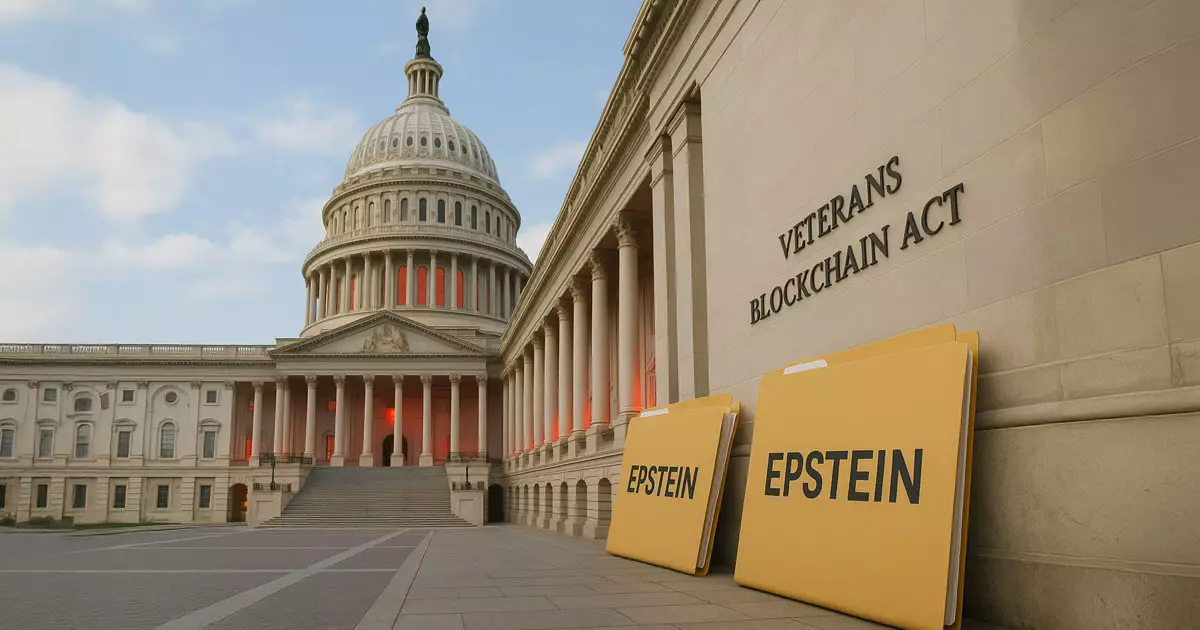The recent early adjournment of the House of Representatives raises profound questions about governance, legislative discipline, and strategic priorities. Far from a simple procedural hiccup, this decision signals a significant shift in how the House manages its legislative agenda in the face of political turbulence. While some may superficially interpret this as a necessary pause to regroup, a deeper analysis reveals it as a potentially shortsighted move that could undermine crucial policy developments, especially in the rapidly evolving realm of digital finance and innovation.
By choosing to end its session a week early, the House inadvertently cedes vital ground to the Senate and executive branch, creating a legislative vacuum that could delay or weaken initiatives on national currency regulation, digital assets, and technology-driven government modernization. It is not merely about pausing work; it is about relinquishing momentum that—not unreasonably—could influence long-term policy outcomes. In essence, the timing and nature of this break suggest a reactive posture rather than a proactive strategy, which can be perilous when dealing with complex, fast-moving sectors like crypto and blockchain.
Crypto and Innovation: Caught in the Crossfire?
The stalling of key crypto-related bills, such as the GENIUS Act, the CLARITY Act, and the Anti-CBDC Act, due to the early recess is emblematic of broader legislative paralysis. These measures, designed to clarify regulation, promote innovation, and prevent overreach, represent a rare instance where legislative action aligns with a pragmatic approach to fostering technological sovereignty and economic growth. The fact that these bills are now in limbo—effectively frozen until September—raises concerns about the long-term impacts of legislative disengagement.
Moreover, this delay undermines industry confidence and hampers bipartisan efforts to create a sensible regulatory framework. While the bills have already cleared the Senate and received presidential support, their uncertain fate in the interim underscores the fragility of legislative advances when early recesses are employed as tactical tools rather than as measured pauses. It risks sending mixed signals to entrepreneurs, investors, and international allies who look to Congress for stable leadership in digital finance.
The delay also impacts forward-looking initiatives, such as tax reform proposals specific to digital assets. Accurate, clear taxation frameworks are foundational for mainstream adoption, and postponing these discussions hampers the development of a transparent, predictable environment vital to market growth. Legislation aimed at establishing exemptions, clarifying staking rewards, and revising wash-sale rules must be debated, amended, and enacted, yet the recess effectively stalls this process.
Technological Modernization and the VA Blockchain Initiative
Perhaps most telling is the disruption to the Veterans Affairs Distributed Ledger Innovation Act—a bill that exemplifies how technology can modernize government functions. Designed to harness blockchain for improving the claims process and combating fraud, this legislation is symptomatic of a broader opportunity for the federal government to lead in digital modernization.
The delay in legislative action on this bill is not trivial. It reflects a broader reluctance to prioritize or even entertain forward-looking technological solutions amid political distractions. The inability to move forward with potentially transformative reforms underscores a dangerous trend: a government that is reactive rather than proactive, missing opportunities to leverage blockchain for public good.
Such delays also give rise to network effects: the longer the legislative process stalls, the more difficult it becomes to reinvigorate interest and momentum. The benefit of preemptive innovation—improving efficiency, transparency, and trust—is lost in the interim, leaving government processes outdated and vulnerable to inefficiency and error.
The Danger of Political Indecision and Marginalization
Critically, this early recess signals a troubling tendency for political opportunism at the expense of substantive policy development. The House’s swift exit can be interpreted as an avoidance tactic—avoiding contentious debates and contentious amendments, such as the Epstein disclosure issue that initially threatened to derail proceedings. This infighting and procedural brinkmanship distract from the core issues—those that could have lasting impacts on the economy and national security.
By choosing to retreat into recess, lawmakers send a message that partisan squabbles and procedural standoffs are more pressing than the practical needs of technological innovation, fiscal clarity, and economic competitiveness. This not only hampers legislative productivity but also undermines the confidence of constituents who seek decisive leadership. A true center-right approach would balance cautious skepticism of unchecked government overreach with an appreciation for technological progress and economic pragmatism—something that is noticeably absent in this shutdown of legislative activity.
As a result, the early adjournment risks marginalizing the House’s role in shaping national policy during a critical era of digital transformation. This abdication of responsibility, unless rectified upon reconvening, could have ripple effects that hinder the nation’s ability to adapt to technological challenges and seize opportunities for growth.
















Leave a Reply